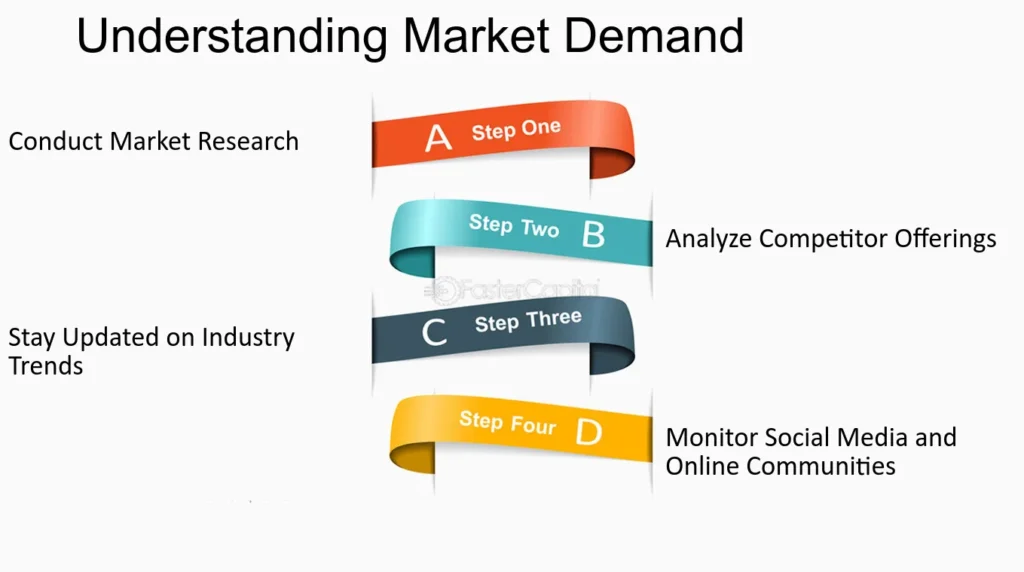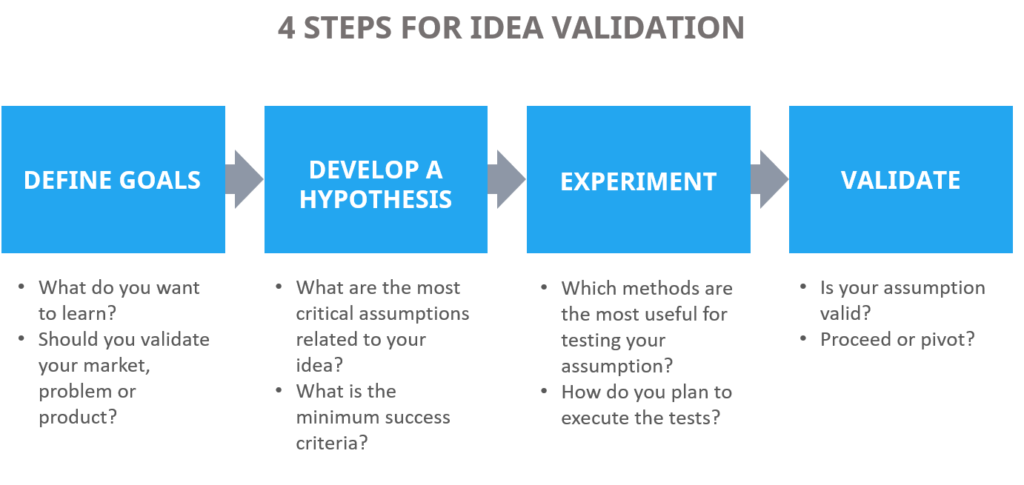Introduction
In this article you will know about the easy and best 9 Steps to pick a Niche for Blogging. Blogging has grown into one of the most popular methods for making money online. However, with so many blogs out there, it can be challenging to stand out. The key to creating a successful blog that generates income is choosing the right niche. The niche you pick will define your blog’s content, audience, and ultimately, its earning potential. In this article, we’ll dive into how to pick the perfect niche for blogging to earn money, ensuring it’s both profitable and aligned with your interests.
Blog niche
What is a Blog Niche?
A blog niche refers to a particular subject or area of interest that your blog is centered around.. Rather than trying to cover everything, a niche helps you zero in on a particular subject. This allows you to attract a targeted audience who is interested in that specific topic, making it easier to monetize your blog.
Why is Choosing the Right Niche Important?
Picking the right niche is crucial because it affects:
Your blog’s ability to attract readers: A niche helps you stand out from the crowd and attract a loyal following.
Monetization options: Certain niches are more profitable than others due to higher demand, more affiliate opportunities, or better advertising rates.
Sustainability: Blogging is a long-term commitment. If you choose a niche that you aren’t passionate about, it will be difficult to stay motivated and create content consistently.

Following are the 9 Steps to Pick a Niche for Blogging:
Step 1: Identify Your Passions and Interests
Start by asking yourself:
What subjects do you like discussing or exploring?
What hobbies or skills do you have?
What problems have you solved in your life that others might face?
Blogging takes time and effort, so it’s important to choose a topic that excites you. For instance, if you’re passionate about fitness, you could start a blog about workout tips, healthy eating, or even mental wellness.
Step 2: Assess Market Demand
Once you’ve identified your interests, it’s essential to make sure there’s a demand for the niche. You might love the idea of starting a blog about rare insects, but if no one is searching for that topic, it’ll be hard to attract readers. To assess demand:
Use keyword research tools: Tools like Google Keyword Planner, Ubersuggest, or Ahrefs can help you see how many people are searching for keywords related to your niche.
Analyze trends: Websites like Google Trends can show you if the niche is growing in popularity or declining.
Check competition: Look at other blogs in the niche. If there’s healthy competition, it means there’s demand. But if the niche seems oversaturated, you might need to narrow it down further.

Step 3: Research Monetization Potential
Not all niches are equally profitable, so it’s crucial to evaluate how you can earn money within your niche. Here are some ways to research the monetization potential:
Look for affiliate marketing opportunities: Does your niche have affiliate programs? For example, if you’re blogging about tech gadgets, there are many companies with affiliate programs that offer commissions on sales.
Check advertising potential: Some niches attract higher advertising revenue, especially in areas like finance, health, and technology.
Consider creating products or services: Can you create an ebook, course, or consulting service around your niche? This is one of the most direct ways to make money from your blog.
Step 4: Narrow Down Your Niche
If your chosen niche is too broad, it will be difficult to stand out in a crowded space. For example, “fitness” is an incredibly broad niche with lots of competition. But by narrowing it down, you can find a more specific audience. Some ideas for sub-niches in fitness include:
Fitness for busy moms
Strength training for women
Plant-based nutrition for athletes
By focusing on a smaller segment, you’ll attract a more dedicated and engaged audience, which is easier to monetize.

Step 5: Analyze the Competition
Competition is a good sign because it shows that the niche is profitable, but too much competition can make it hard to get noticed. Research the top blogs in your niche:
What type of content are they creating?
How frequently do they post?
What monetization methods are they using?
Identify any gaps in their content or areas where you could add value. Can you bring a unique perspective or provide something they’re missing?
Step 6: Validate Your Idea
Before diving into your chosen niche, it’s a good idea to validate it. This ensures that there’s interest and that you’re likely to attract an audience. Some ways to validate your niche include:
Survey your audience: If you already have a social media following or email list, ask them about their challenges and interests.
Test the content: Write a few blog posts or social media updates on your chosen niche and see how people respond.
Check engagement: Look at forums, Reddit threads, or Facebook groups to see if people are actively discussing your niche topic.

Step 7: Choose a Niche You’re Willing to Invest In
Blogging takes time and effort, and you may not see immediate financial returns. Choose a niche that you’re willing to invest time, energy, and possibly money into developing. A niche that aligns with your long-term goals and interests is more likely to succeed.
Step 8: Ensure It Has Longevity
Some niches may seem profitable in the short term but lack long-term potential. For example, a blog focused on a trendy diet might do well initially, but once the trend fades, so might your traffic. Choose a niche that will be relevant for years to come or one that can evolve with time.
Step 9: Start Small, Expand Later
It’s tempting to cover every possible topic within your niche, but this can dilute your focus. Start small by choosing a very specific niche and gradually expand once you’ve built a strong foundation. For example, if you start a blog about yoga for beginners, you can later branch out into other types of yoga or wellness topics.
Profitable Blogging Niches for 2024
While the landscape of blogging is constantly evolving, certain niches consistently remain profitable. Here are some top contenders for 2024:
1. Digital Marketing and SEO
- Monetization: Affiliate marketing, courses, consulting services
- Demand: Businesses and individuals always seek to improve their online visibility.
2. Tech and AI
- Monetization: Affiliate marketing, sponsored reviews, tech consulting
- Demand: Rapid advancements in technology create a constant need for information and updates.
4. Health and Wellness
- Monetization: Affiliate marketing, digital products (e-books, courses), coaching
- Demand: Growing awareness of health and well-being creates a large market.
5. Online Business and Entrepreneurship
- Monetization: Affiliate marketing, courses, consulting services
- Demand: The rise of remote work and digital nomads has increased interest in online business.
6. Food and Cooking
- Monetization: Affiliate marketing, sponsored content, digital products (e-books, recipes)
- Demand: Food is a universal interest, and there’s always a demand for new recipes and cooking tips.
7. Travel and Adventure
- Monetization: Affiliate marketing, sponsored travel, digital products (e-books, guides)
- Demand: People love to travel and seek inspiration and tips for their adventures.
8. Gaming and Esports
- Monetization: Affiliate marketing, sponsored content, merchandise sales
- Demand: The gaming industry continues to grow rapidly, attracting a dedicated audience.
For more Blogging Information about Blogging read our another article about Blogging
Conclusion
Choosing the right niche for your blog is crucial for your success and earning potential. By identifying your passions, researching demand, and considering monetization options, you can select a niche that not only interests you but also has the potential to make money. Start small, focus on providing value, and over time, you’ll build a blog that generates consistent income.
FAQs
How long does it take to earn money from a blog?
It varies depending on the niche, your strategy, and how much time you invest. Most bloggers begin to see some income after 6 months to a year.
How do I find profitable niches?
Use tools like Google Keyword Planner, look at affiliate programs, or explore high-paying ad categories like finance or health.
Can I blog about multiple niches?
While possible, it’s best to focus on one niche initially to build a loyal audience before expanding into other areas.

